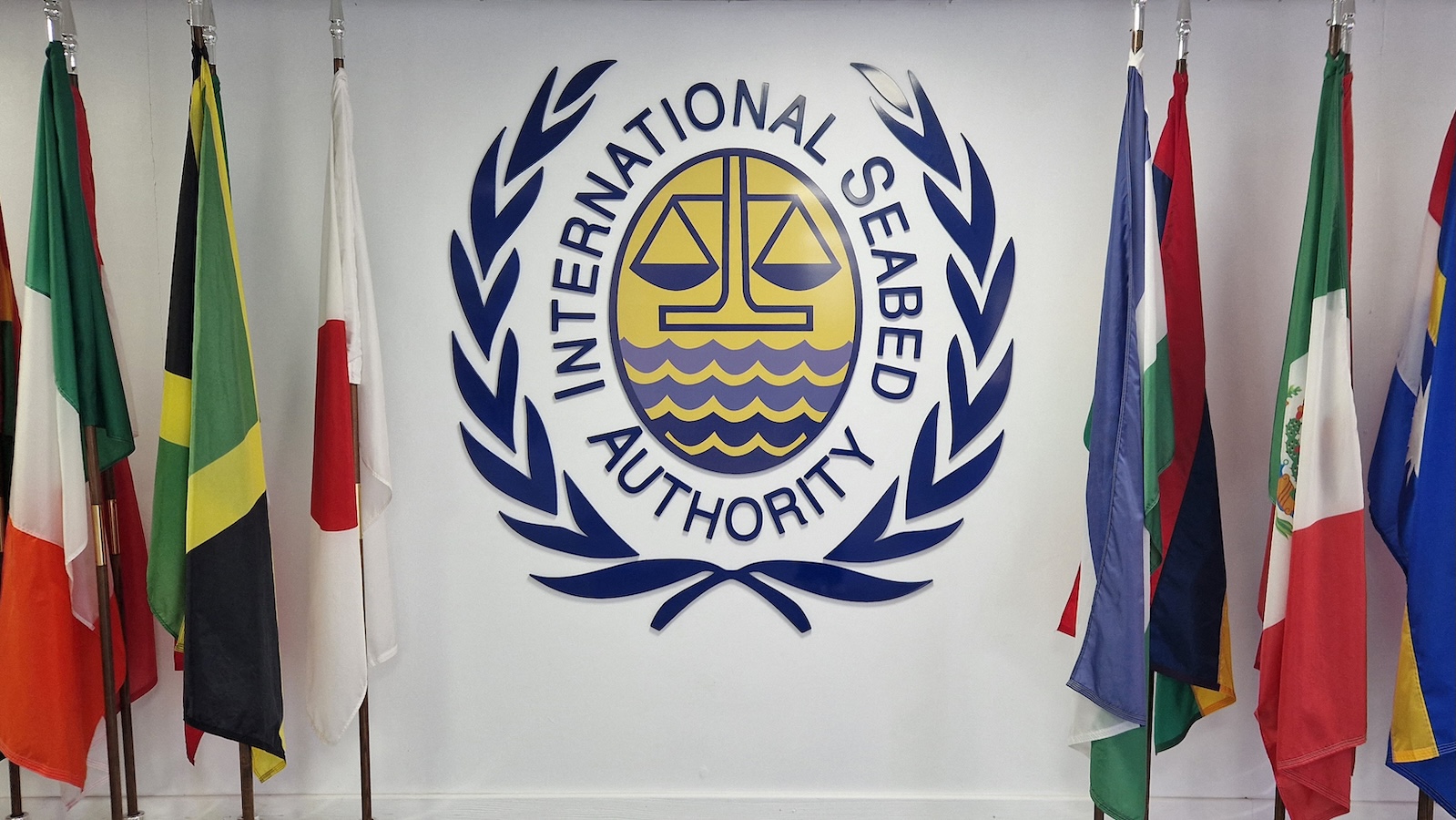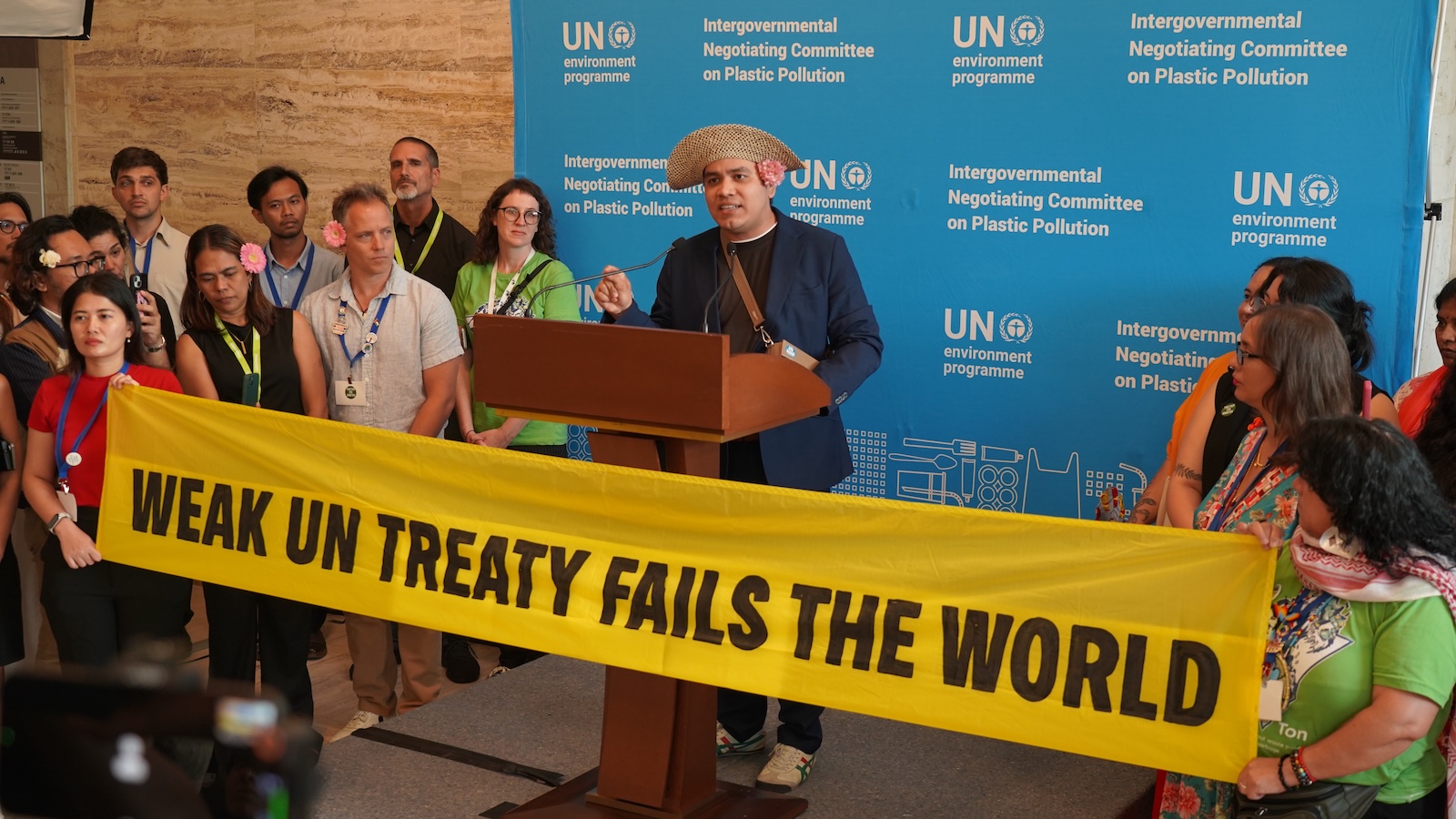Now Reading: Internal Struggles Plague International Seabed Authority
-
01
Internal Struggles Plague International Seabed Authority
Internal Struggles Plague International Seabed Authority

Fast Summary
- The International Seabed Authority (ISA), a UN-affiliated body, has spent 30 years drafting regulations on deep-sea mining but has yet to finalize them.
- Deep-sea mining entails harvesting polymetallic nodules from the ocean floor, though its environmental impact is not fully understood.
- The U.S., which has not ratified the 1982 Law of the Sea convention (UNCLOS), is pursuing seabed mining outside ISA oversight and claims such rights are part of “freedoms of the high seas.”
- A divide exists within ISA member states:
– Countries like China, Singapore, and russia push for swift regulation finalization due to the U.S.’s “unilateral action.”
– Pro-moratorium nations advocate halting mining until further scientific studies assess ecological risks.
- Attempts by some ISA members to initiate new general environmental policies or periodic reviews were blocked by opposing factions led by China.
- A statement from China criticized U.S. double standards in citing parts of UNCLOS it benefits from while dismissing provisions governing seabed mining jurisdiction.
- Despite lively debates and performances marking ISA’s 30th anniversary assembly in Kingston, Jamaica, no major decisions were made on regulations or moratoriums.
Indian Opinion Analysis
the debate at the International Seabed Authority underscores a growing global contest over resource governance in international waters. While India’s stance-or actions-on this issue was absent in this particular session’s coverage, developments here can have strategic implications for New Delhi. As a rising maritime power with interests in securing critical minerals sustainably and protecting marine biodiversity,India might need to carefully evaluate its position within organizations like ISA. Given the increasing polarization between pro-regulation blocs like China and pro-moratorium groups such as Brazil underpinned by escalating U.S. unilateralism outside multilateral agreements like UNCLOS, India’s long-term strategy could be balancing engagement without compromising ecological stewardship.
The overarching takeaway is clear: deep-sea resource extraction presents both opportunities-for acquiring vital resources like rare earth metals-and risks related to unregulated exploitation that could harm fragile marine ecosystems crucial for planetary health.




























